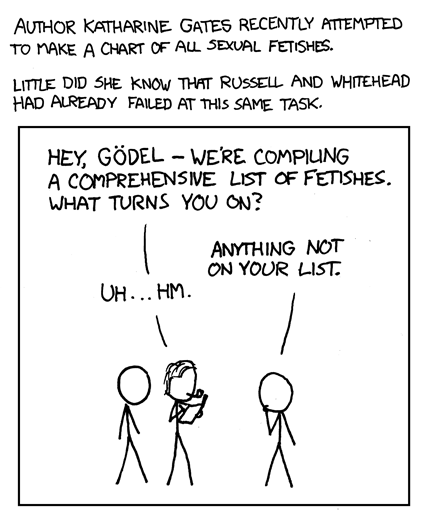According to Bruce Bower, "Evolution's Ear", ScienceNews, 8/30/2008
In a new study, anthropologist John Hawks of the University of Wisconsin–Madison finds that eight hearing-related genes show signs of having evolved systematically in human populations over the past 40,000 years. Some alterations on these genes took root as recently as 2,000 to 3,000 years ago.
“Hawks makes a compelling case that not only is human evolution ongoing in the past 10,000 years, but it has sped up,” says anthropologist Clark Larsen of Ohio State University in Columbus.
Seven genes identified by Hawks produce proteins that make stereocilia and the membrane that coats them. The eighth gene assists in building middle ear structures that transmit sound frequencies to the inner ear.
As far as I can tell, this work hasn't come out in written form yet. John Hawks has a terrific weblog ("John Hawks weblog: Paleoanthropology, genetics, and evolution") and he mentions the Bower article in a brief note ("Hawks featured in Science News"), but all he says about it is "This is a really nice article, and I wasn't expecting it to come out, so please go read it!" Which you should do.
Read the rest of this entry »

